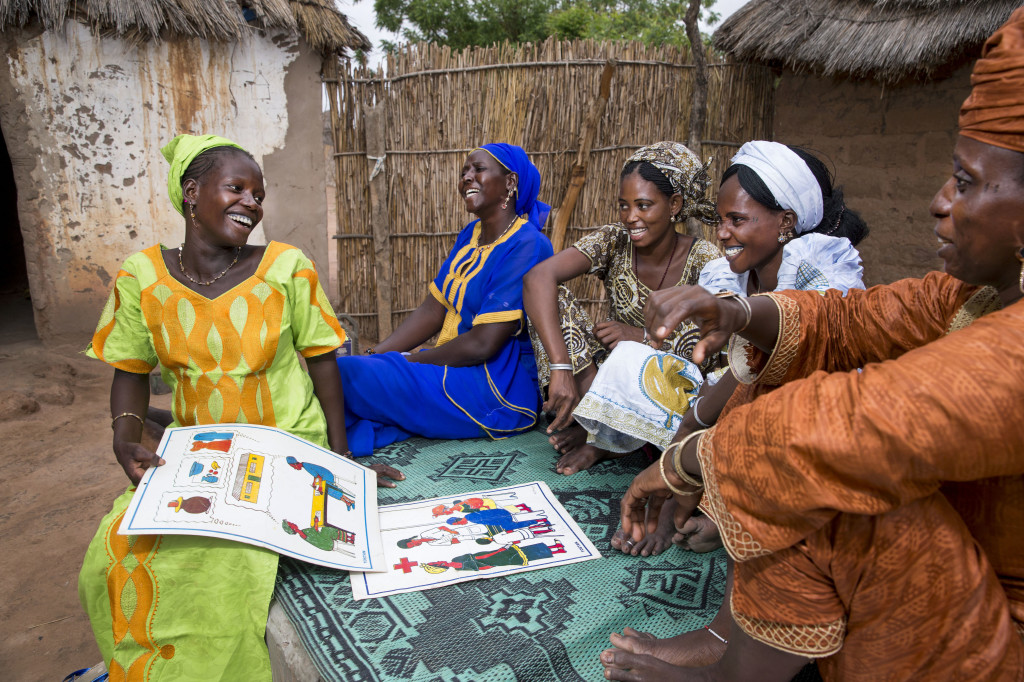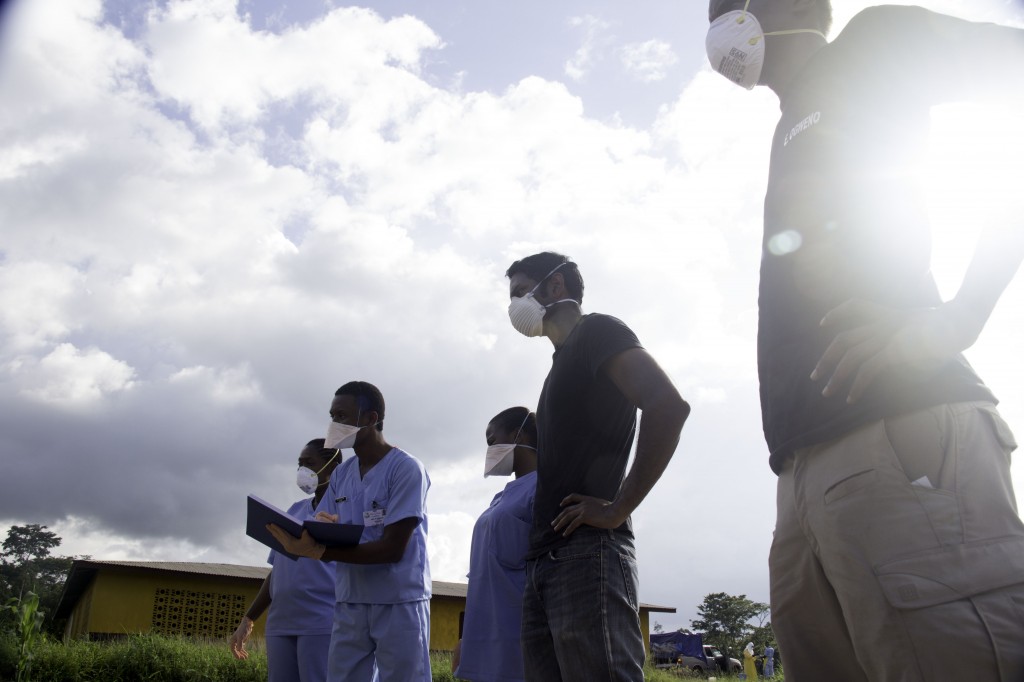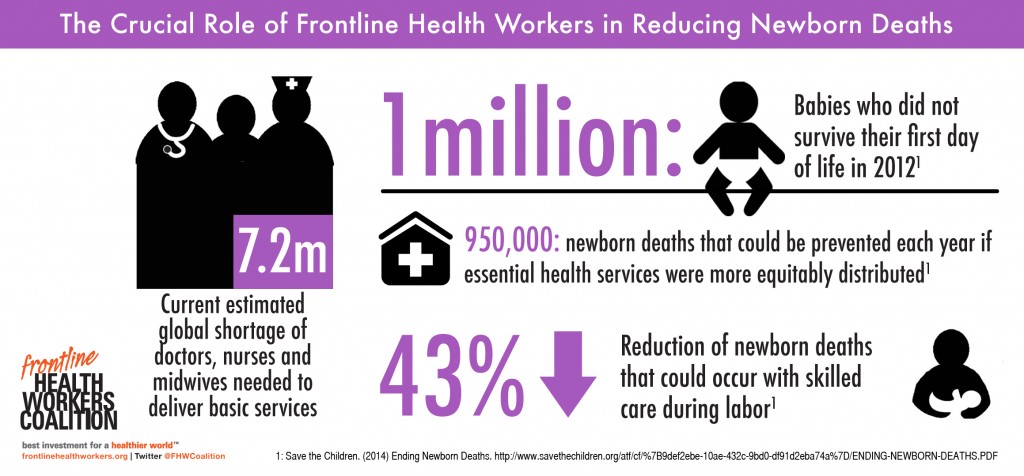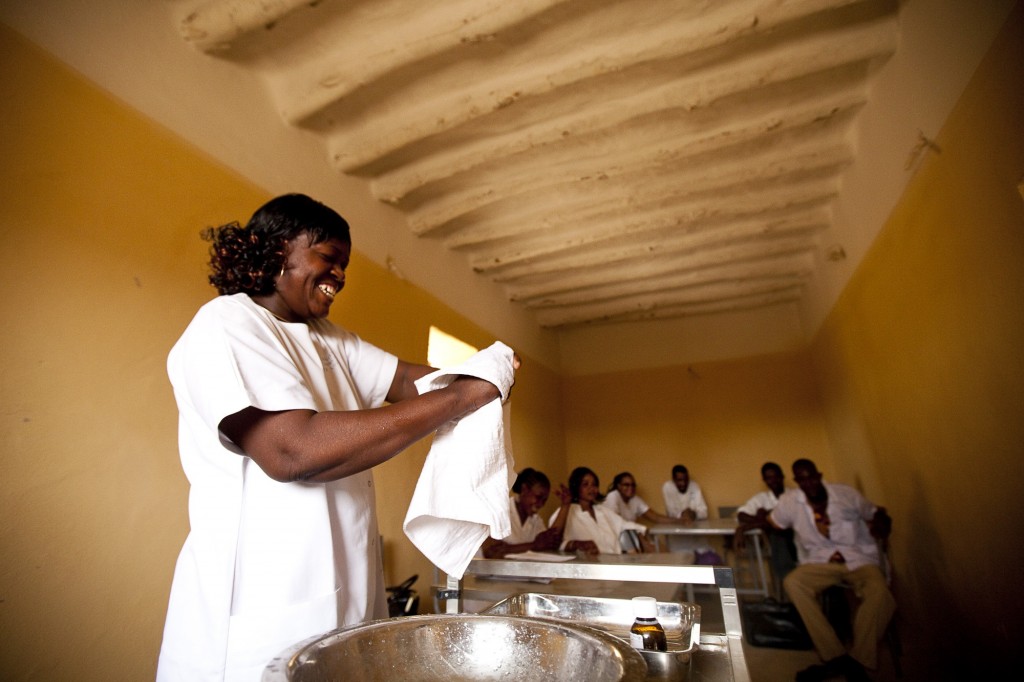We want to thank you for your crucial leadership in pushing for a strong compact for the post-2015 United Nations Sustainable Development Goals (SDGs), and we applaud your activism to ensure a healthier, more secure, progressive, and united global future. We ask that you utilize your leadership and expertise to support and improve language in the SDGs aimed at strengthening the global health workforce to ensure that there is a health worker for everyone, everywhere.





We greatly appreciate your consideration of this issue and look forward to your reply.
Sincerely, the Undersigned:
Accordia Global Health Foundation, United States
Action Group for Health, Human Rights and HIV/AIDS (AGHA), Uganda
Adventist Development and Relief Agency (ADRA), United States
African Population and Health Research Center, Kenya
American College of Nurse Midwives, United States
American Heart Association, United States
American Stroke Association, United States
Amref Health Africa, Kenya
Aspen Institute health worker migration global policy Advisory Council, United States
Association of Women's Health, Obstetric and Neonatal Nurses, United States
BRAC, Bangladesh
Center for Equity and Health Systems, BRAC University, Bangladesh
Centre for Healthworks, Development and Research Initiative (CHEDRES), Nigeria
CORE Group, United States
Eminence Associates, Bangladesh
International Federation of Gynecology & Obstetrics, United Kingdom
Frontline Health Workers Coalition, United States
ForSalud, Peru
Foundation for Advancement of International Medical Education and Research, United States
GlaxoSmithKline, United Kingdom
Global Alliance to Prevent Prematurity and Stillbirth, an Initiative of Seattle Children's, United States
Global Health Council, United States
Global Health Through Education, training and service (GHETS), United States
The Global Network for Neglected Tropical Diseases, United States
Health Alliance International, United States
Health GAP, United States
Health Poverty Action, United Kingdom
Health Rights and Education Programme, Malawi
Health Workforce Advocacy Initiative, United States and Kenya
Hesperian Health Guides, United States
IMA World Health, United States
Initiatives, Inc., United States
International academy of physician associate Educators, United States
International Confederation of Midwives, The Netherlands
International Medical Corps, United States
IntraHealth International, United States
Irish Nurses and Midwives Organization, Ireland
Kenya AIDS NGOs Consortium, Kenya
Malaria Consortium, United Kingdom
mPowering Frontline Health Workers, United States
One Million Community Health Workers Campaign, United STates
Pathfinder International, United States
Population Communication, United States
Public Health Institute, United States
Resurge International, United States
Save the Children, United Kingdom
Training for Health Equity Network, Belgium
WEMOS Foundation, The Netherlands
Women Deliver, United States
World Medical Association, France
University Research Co., LLC, United States
University of Utah, Division of Physician Assistant Studies, United States
VSO International, United Kingdom
Email acollure@intrahealth.org if your organization would like to be added to this list.
To sign on as an individual, please sign our change.org petition, here.
To learn more,

